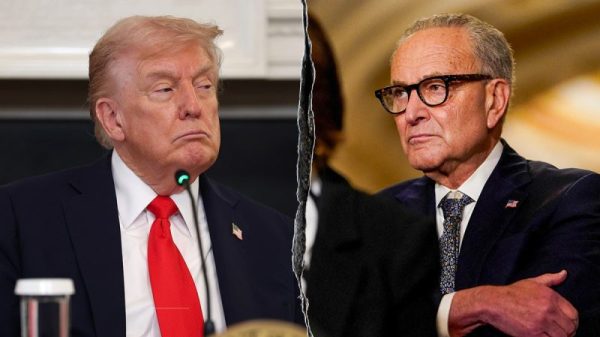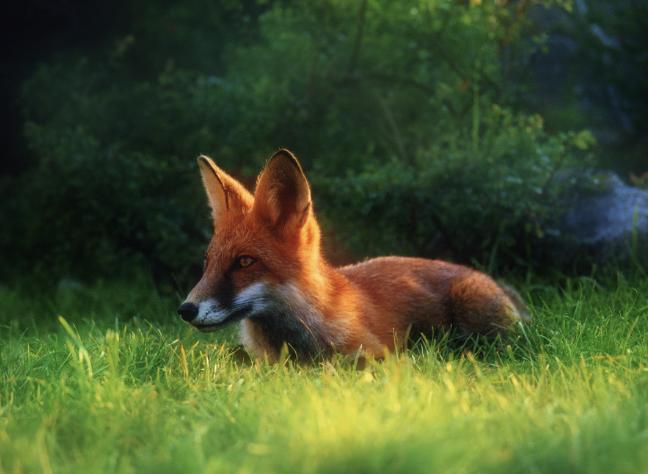Secular Shenanigans: Understanding Godzilla in Popular Culture
Godzilla, the colossal and iconic monster, has captured the hearts of audiences worldwide since its inception in the 1950s. Originally conceived as a metaphor for the horrors of nuclear war, Godzilla has evolved over the decades into a multifaceted cultural symbol that reflects the changing societal and political landscapes of the world. From its origins in Japanese cinema to its global recognition in popular culture, Godzilla continues to captivate audiences with its enduring relevance and timeless themes.
One of the most striking aspects of Godzilla’s appeal is its ability to transcend cultural boundaries and resonate with audiences from diverse backgrounds. While originally a Japanese creation, Godzilla’s themes of destruction, survival, and humanity’s relationship with nature have universal appeal. The monster’s allegorical nature allows viewers to interpret its symbolism in various ways, whether as a cautionary tale about the consequences of environmental destruction, a representation of humanity’s hubris, or a metaphor for the horrors of war.
In addition to its deeper thematic layers, Godzilla’s popularity is also driven by its sheer spectacle and entertainment value. The monster’s epic battles against other kaiju (giant monsters) have become legendary, showcasing cutting-edge special effects and thrilling action sequences that never fail to impress audiences. These larger-than-life confrontations serve as the ultimate popcorn entertainment, drawing viewers into a world of fantastical creatures and jaw-dropping destruction.
Moreover, Godzilla’s enduring popularity can also be attributed to its ability to adapt and reinvent itself for each new generation. The monster has appeared in numerous films, TV shows, comics, and video games, each iteration offering a fresh take on the beloved icon. Whether portrayed as a menacing force of nature, a misunderstood anti-hero, or a defender of Earth, Godzilla’s versatility ensures that it remains relevant and engaging for audiences of all ages.
Furthermore, Godzilla’s impact on popular culture extends beyond the realm of entertainment, influencing art, literature, fashion, and even politics. The monster’s distinctive design, roar, and personality have become instantly recognizable symbols that have permeated mainstream culture around the world. From fashion runways to political cartoons, Godzilla’s presence can be felt in various forms, serving as a powerful symbol of strength, resilience, and the enduring human spirit.
In conclusion, Godzilla’s enduring appeal in popular culture can be attributed to its thematic depth, spectacular action, adaptability, and cultural significance. As a global icon that transcends borders and resonates with audiences of all backgrounds, Godzilla continues to captivate and inspire generations of fans worldwide. With its timeless themes, epic battles, and iconic status, Godzilla remains a cultural force to be reckoned with, proving that sometimes, the biggest monsters are the most beloved.






















